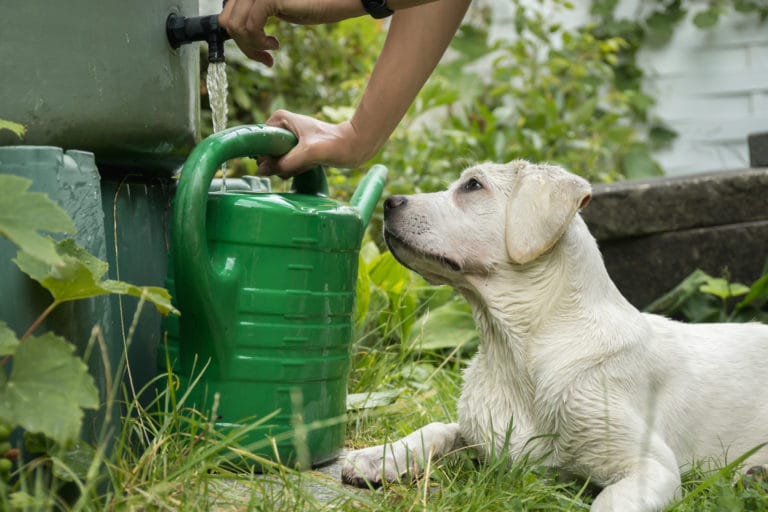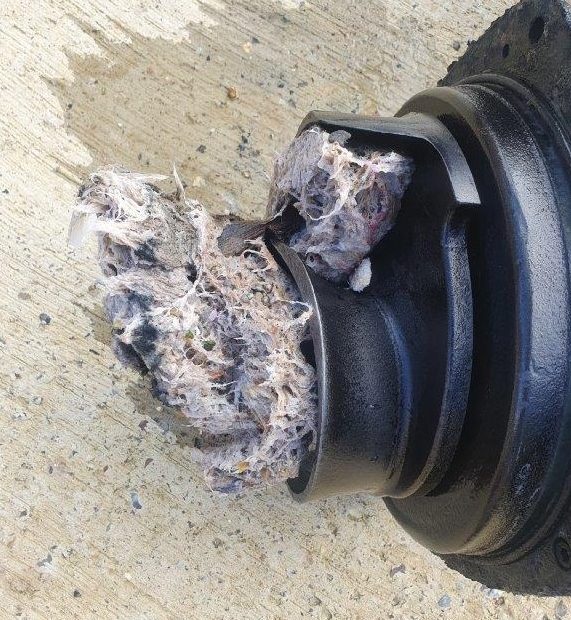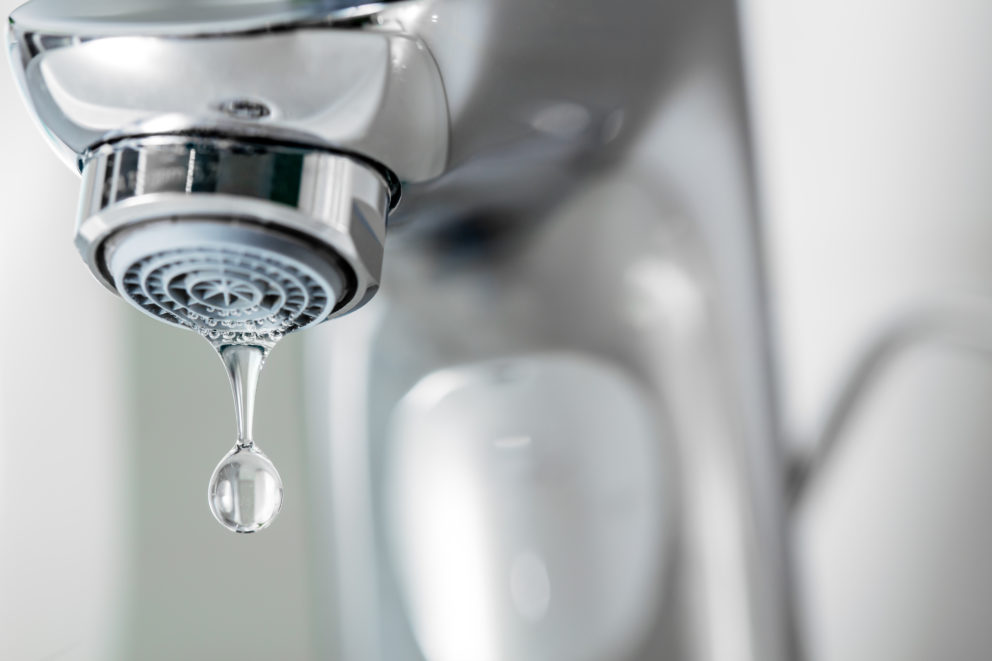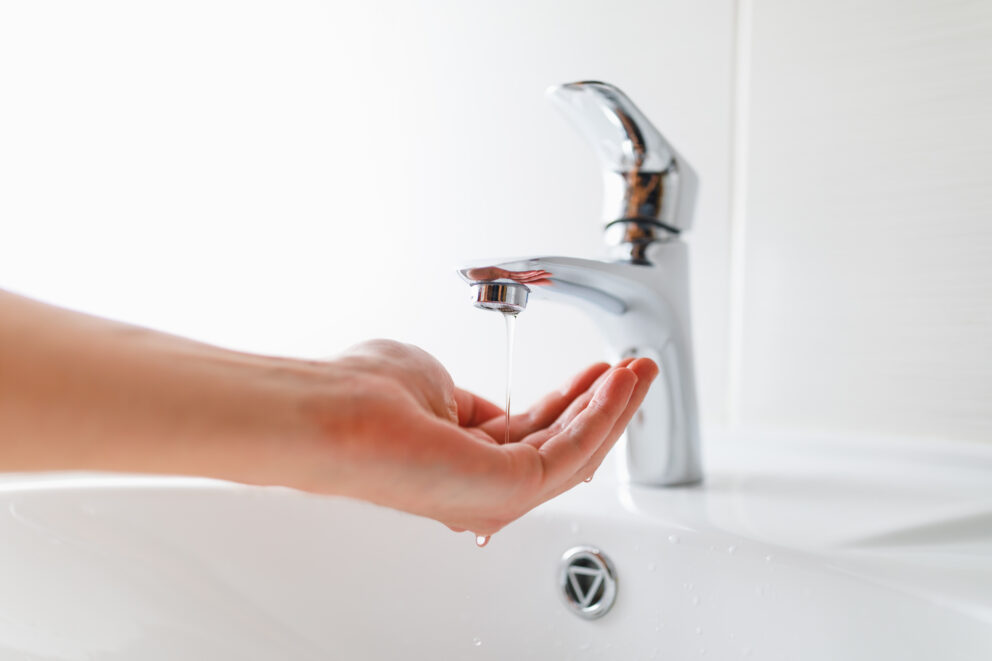What’s happening in your sewers?
Wipes are wipes, despite what the manufacturers say, wipes do not disintegrate once you’ve flushed them into a sewage system. And wipes are responsible for around half of sewer issues around the UK. The new sewerage system that serves your home is already starting to build a collection of wipes and they need to be removed, often by hand.
Even if they are marked as flushable, they are not. Don’t put wipes down the loo, your loo, a public loo, someone else’s loo. Any loo.
Did you know that rats love wipes in sewers?
They build nests with them (because they don’t disintegrate) – almost like using them as sheets. So you may want to consider that one pair of rats can generate up to 2000 offspring a year … in their nests made of wipes, that are being put down the loo.
Its not just wet wipes causing the problems in your local sewerage network, listed below are the things commonly found in a fatberg:
- Wet wipes
- Sanitary towels and tampons
- Cotton buds
- Food waste
- Condoms
- Dental floss
- Tights/rags
- Plasters or bandages
- Nappies
- Incontinent products
- Fats, Oils and Grease (FOG’s)
Innocent looking wipes quickly join forces with another offending item that goes down the drain – fat, oil and grease. We understand it’s an easy option to pour it away but what happens if you do? The liquified fat, oil and grease that we pour down our drains cools down and solidifies causing blockages in the drains. Although using products such as detergents and bleach may aid in clearing the blockages in your sink, when they reach the sewers, they are naturally diluted and have no effect. Over time the wipes, fat, oils and grease build up in the sewerage networks creating an infamous fatberg.
So, what can you do? It’s very simple.
Do – Flush only the three P’s. Poo, Pee and Paper. These are the only things designed to be flushed down the toilet.
Do not – Pour Fat, Oils or Grease down the drain. Dispose of them.
Here are some steps you can take to help prevent fat build ups in your sewerage networks.
- Make a fat trap – by pouring left over fat, oil and grease into a disposable container and dispose in the bin once they have cooled and solidified.
- Before washing up scrape all left over food into the bin to help prevent build up.
- Use a strainer in your sink – you can purchase a strainer to help catch any food you might miss that could go down the drain
- Use kitchen paper to wipe cooking equipment once cooled to remove excess fat before washing.



 >
> >
>